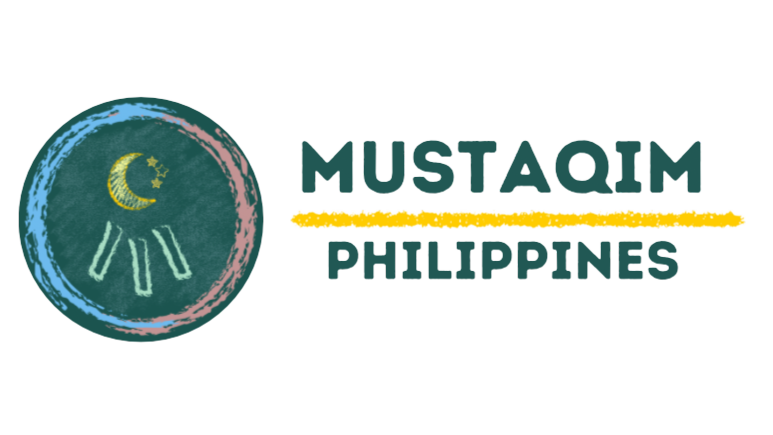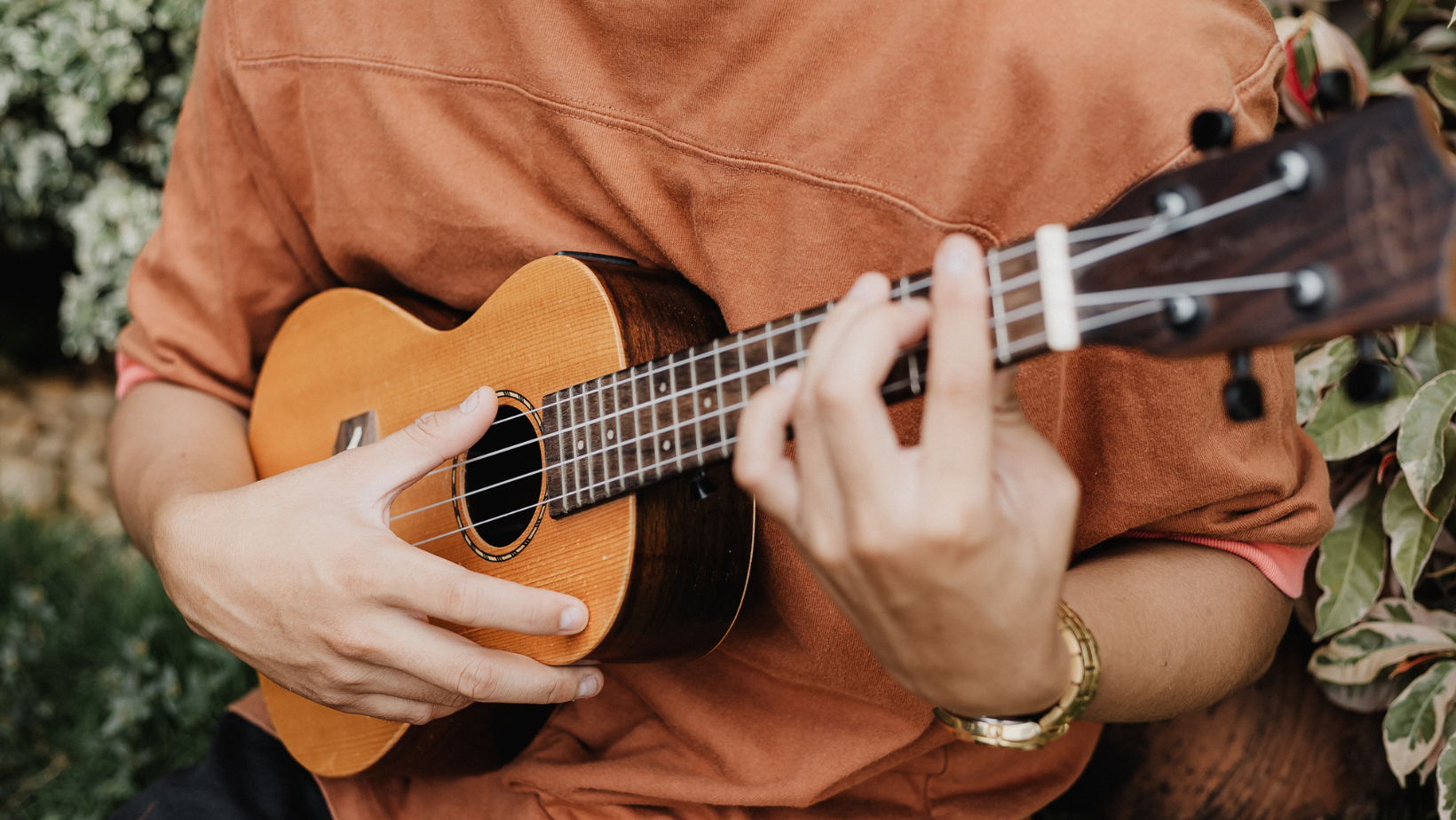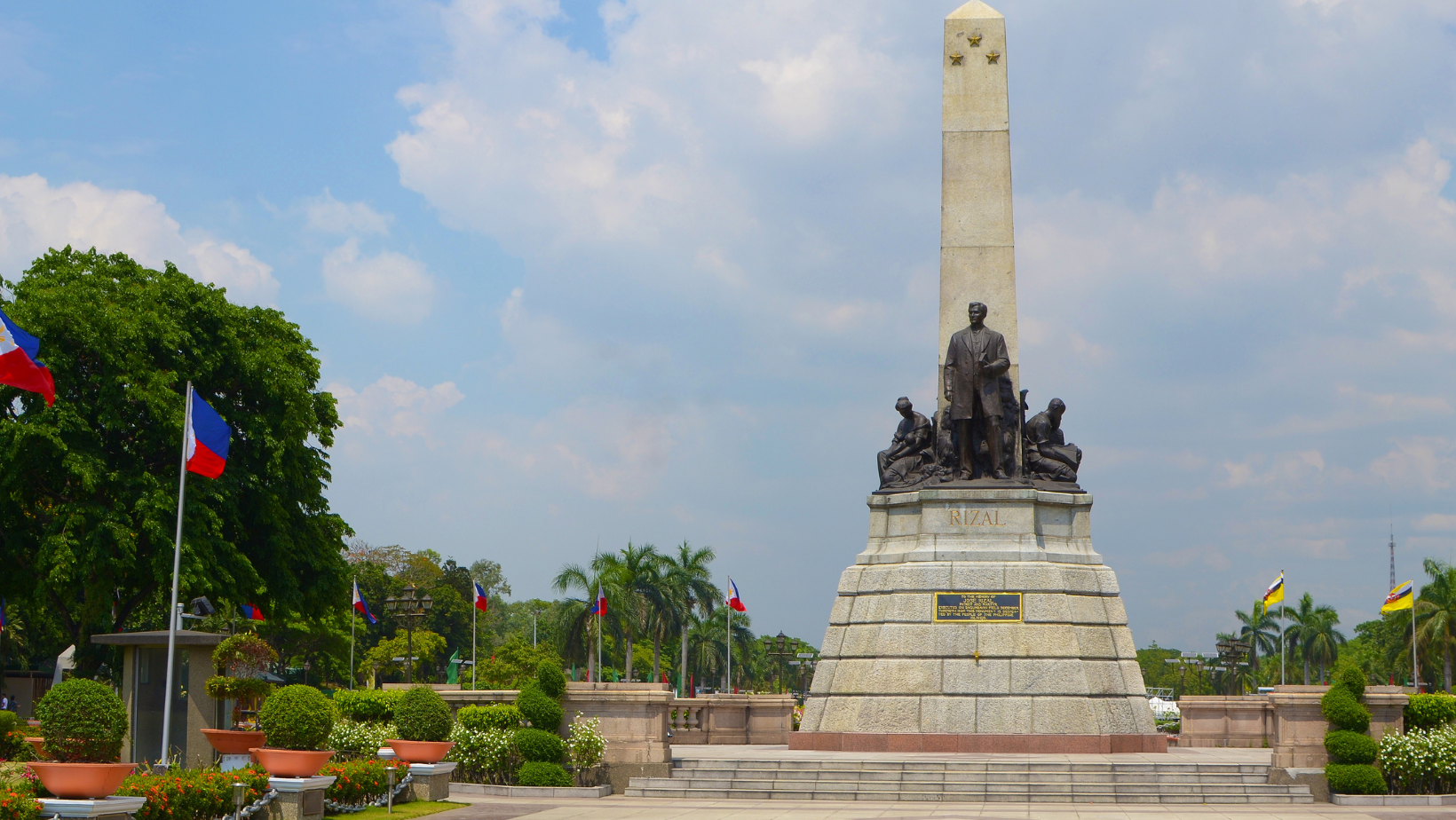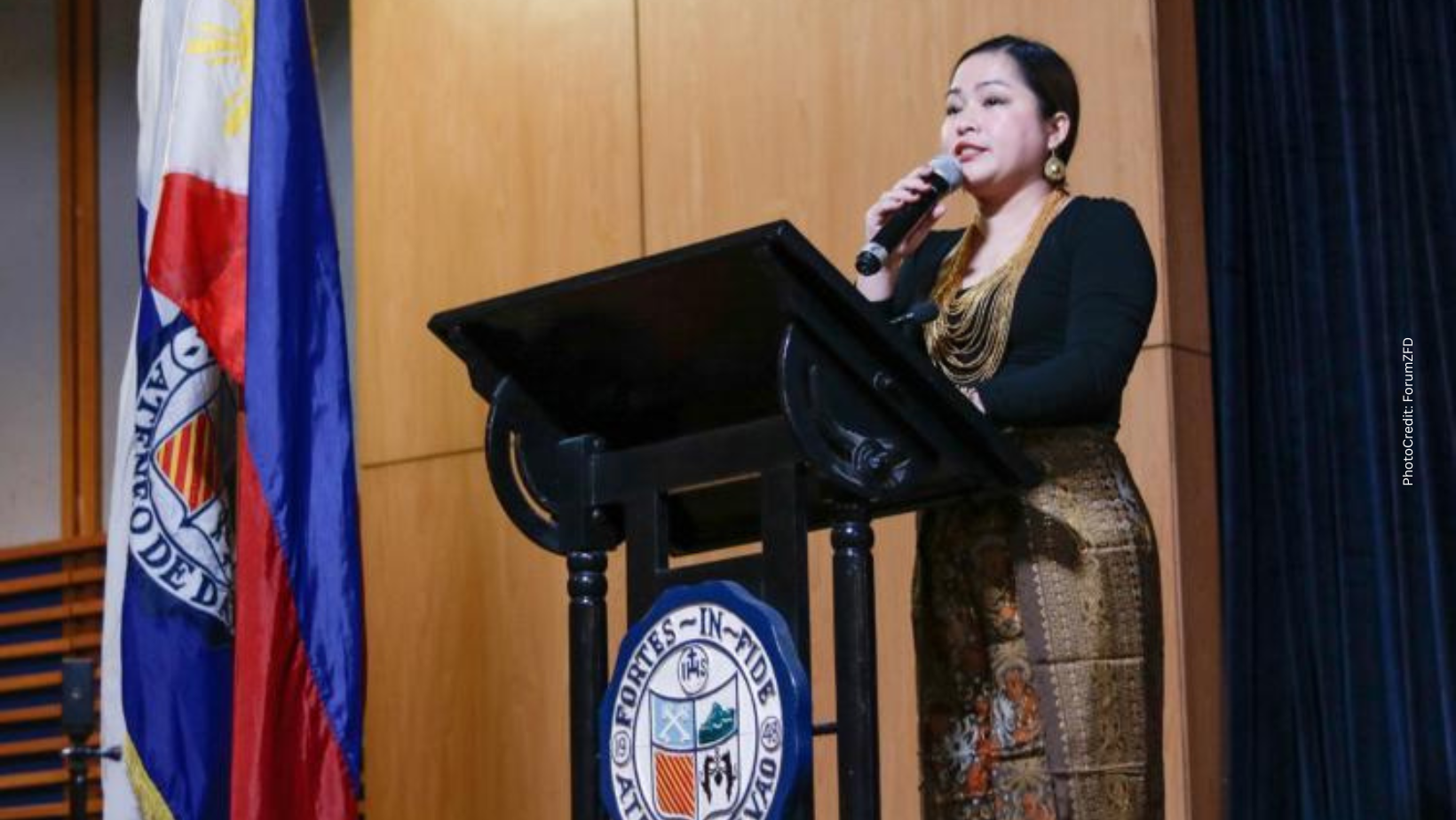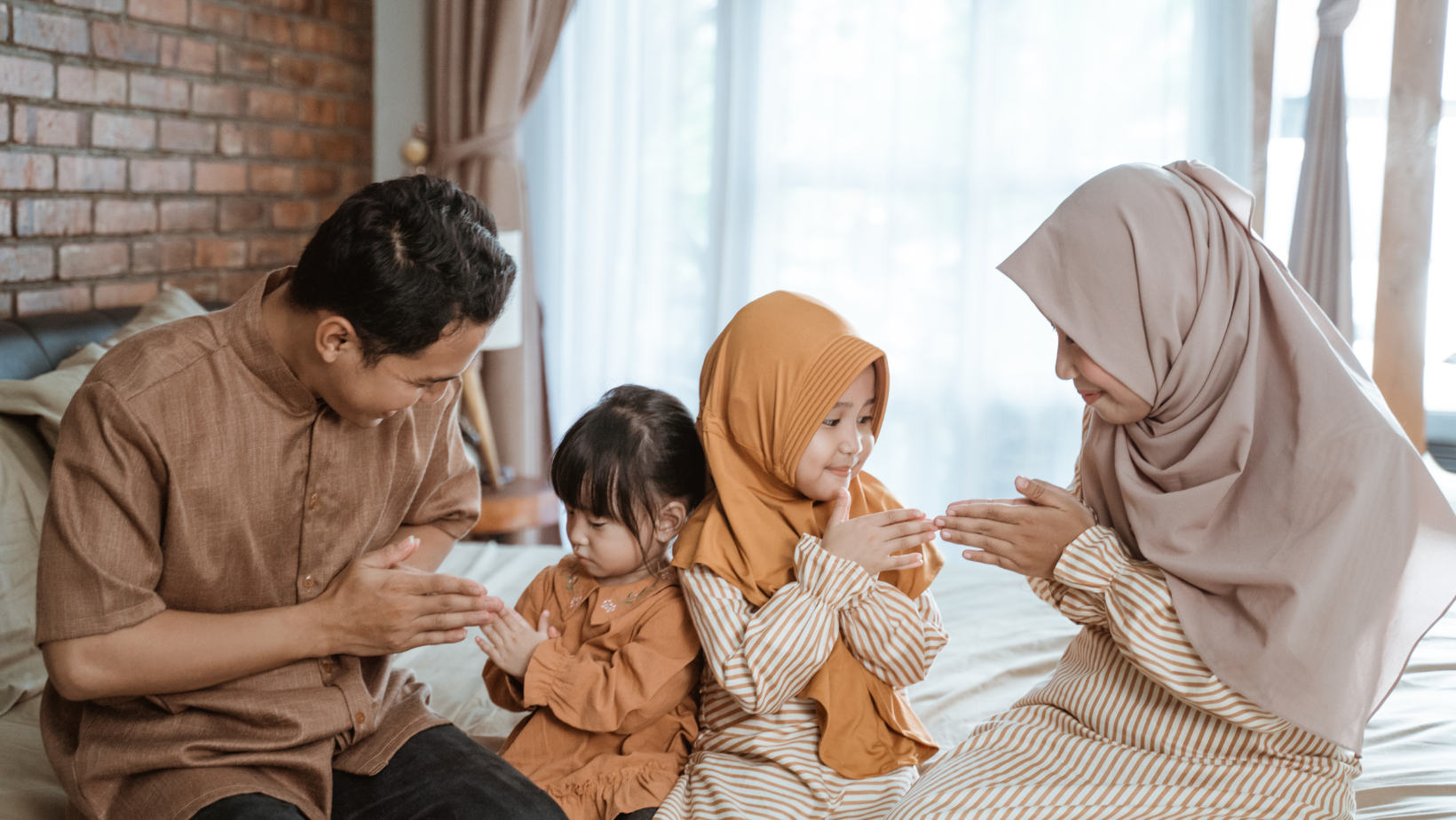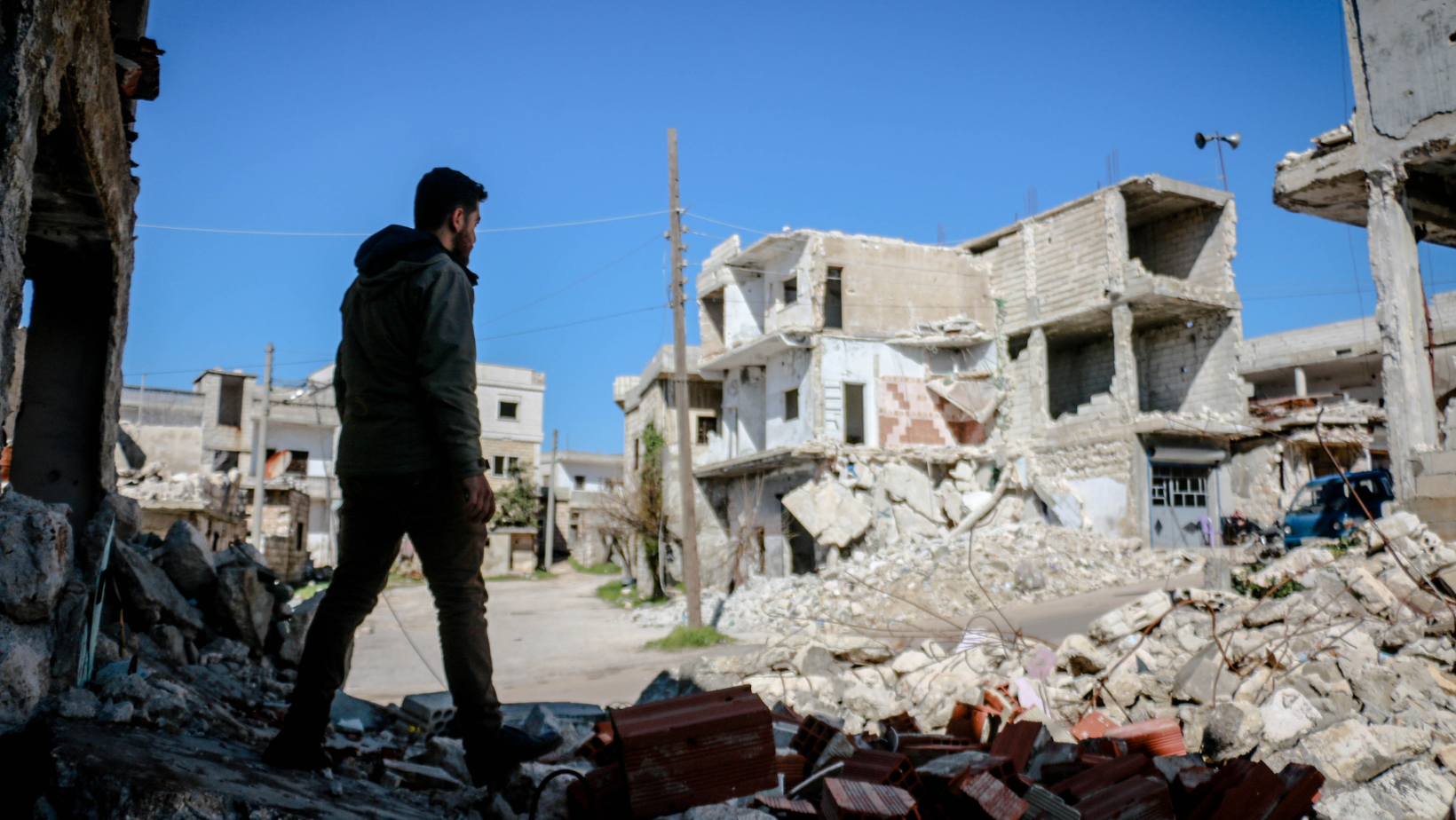Tapat ko, Linis ko - Selebrasyon ng Buwan ng Kalikasan
Buwan ng Hunyo - ito ang panahon ng pagdiriwang ng Buwan ng Kalikasan sa Pilipinas. Sa buwan na ito, binibigyang-pansin at ipinagmamalaki natin ang yaman at ganda ng ating kalikasan. Ang tema ngayong taon ay "Tapat ko, Linis ko," isang panawagang palaganapin ang responsableng pag-aalaga sa ating kapaligiran.
Ang selebrasyon ng Buwan ng Kalikasan ay mahalaga upang bigyang-diin ang mga suliraning pang-kapaligiran na kinakaharap natin. Ito ay isang pagkakataon upang tuklasin at maunawaan ang kahalagahan ng ating mga likas na yaman, ang epekto ng ating mga gawain sa kalikasan, at ang mga hakbang na kailangan nating gawin upang pangalagaan ito.
Ang mga aktibidad sa Buwan ng Kalikasan ay naglalayong maghatid ng kamalayan at kahandaan sa mga isyu tulad ng climate change, deforestation, polusyon, at iba pang suliranin na nagdudulot ng panganib sa ating kalikasan at kabuhayan. Sa pamamagitan ng edukasyon at kampanya, ang Buwan ng Kalikasan ay nagbibigay inspirasyon sa mga indibidwal, komunidad, at organisasyon na maging bahagi ng solusyon.
Ang pagdiriwang ng Buwan ng Kalikasan ay maaaring isakatuparan sa pamamagitan ng iba't ibang aktibidad. Maaaring isama ang mga pagsasagawa ng tree planting, coastal clean-up, recycling drives, environmental forums, at iba pang kampanya para sa kalikasan. Ang mga gawain na ito ay nagbibigay-daan sa atin na makiisa bilang isang komunidad at magsama-sama sa pagpapalaganap ng pagmamalasakit at pag-aalaga sa kalikasan.
Ngunit hindi lamang sa buwan ng Hunyo dapat maging mapanuri at aktibo sa pag-aalaga sa kalikasan. Ang selebrasyon ng Buwan ng Kalikasan ay dapat maging simula ng isang pangmatagalang adbokasiya para sa kapaligiran. Ang ating pang-araw-araw na mga gawain tulad ng pagtapon ng basura sa tamang lalagyan, pagtitipid ng enerhiya at tubig, at pagsuporta sa mga lokal na programa para sa kalikasan ay dapat maisagawa hindi lang sa isang buwan kundi sa buong taon.
Sa "Tapat ko, Linis ko - Selebrasyon ng Buwan ng Kalikasan," tayo ay inaanyayahan na maging tapat sa ating pangako na pangalagaan ang kalikasan. Ang bawat isa sa atin ay may papel at responsibilidad na maglingkod bilang mga tagapagtaguyod ng malinis at luntiang kapaligiran. Sa pamamagitan ng pagkakaisa at sama-samang pagkilos, ang ating mga maliliit na hakbang ay maaaring magdulot ng malaking epekto para sa ating kalikasan.
Supporting Local Filipino Artists: Malacanang launches Filipino Concert Series
The Philippines is home to a rich and diverse arts and culture scene, with many talented local artists who are worthy of recognition and support. Unfortunately, many local artists struggle to make a living from their craft, and their work is often overlooked or undervalued. As a result, it is important for individuals and communities to come together to promote support for local Filipino artists.
Fortunately, there will be a concert series featuring Filipino artists from different fields of performing arts in the Malacañang Palace. According to the Palace statement, the "Konsyerto sa Palasyo" was initiated by President Ferdinand Marcos Jr. to “highlight the nation’s rich culture and world class talent.”
Aside from the support of the government, here are some of the ways in which Filipinos could show their love and support to our local Filipino artists.
One of the simplest and most effective ways to support local artists is to attend their events, exhibits, and performances. This not only provides artists with an audience, but it also helps to build a sense of community and appreciation for their work. Attending local events is also a great way to discover new artists and styles, and to broaden one's cultural horizons.
Another way to support local artists is to purchase their work. Whether it be a painting, a sculpture, a piece of jewelry, or a print, buying local art helps to support artists financially and allows them to continue creating. It is also a great way to own a unique and meaningful piece of art that can be enjoyed for years to come.
In addition to attending events and purchasing art, individuals and communities can also support local artists by sharing their work on social media and other online platforms. This helps to increase visibility and reach for local artists, and may even lead to new opportunities for recognition and collaboration.
Beyond these individual actions, it is also important for governments and institutions to recognize and support local artists. This can include funding for local arts programs and organizations, as well as initiatives to promote Filipino art and culture on a national and international level.
Ultimately, promoting support for local Filipino artists is not only a way to uplift and celebrate their work, but it is also a way to build a stronger and more vibrant arts and culture scene in the Philippines. By coming together to recognize and support local artists, we can help to create a more diverse, inclusive, and thriving arts community for all.
Preventing and Countering Violent Extremism: The Philippine Government's Recent Programs
The Philippine government has been intensifying its efforts to prevent and counter violent extremism (PCVE) in recent years, recognizing the threat that it poses to national security and social stability. Here are some of the recent programs and initiatives that the government has implemented to address this challenge:
1. National Action Plan on Preventing and Countering Violent Extremism
In 2017, the Philippine government launched the National Action Plan on Preventing and Countering Violent Extremism (NAP-PCVE), which serves as a comprehensive framework for the country's PCVE efforts. The NAP-PCVE outlines a whole-of-nation approach, involving various government agencies, civil society organizations, and communities in addressing the root causes of violent extremism and promoting peace and social cohesion.
2. Community-Based Programs
One of the key components of the NAP-PCVE is the implementation of community-based programs that aim to build resilience against violent extremism. These programs involve working closely with local communities to provide education and skills training, promote social cohesion and religious tolerance, and foster civic engagement and leadership. The government has partnered with various civil society organizations, religious leaders, and local government units to implement these programs.
3. Rehabilitation and Reintegration Programs
The government has also established rehabilitation and reintegration programs for former violent extremists and their families. These programs aim to provide psychological and social support, skills training, and livelihood opportunities to help former extremists reintegrate into society and prevent them from returning to violent activities. These programs are being implemented in partnership with civil society organizations, religious leaders, and local government units.
4. Enhanced Law Enforcement and Security Measures
The government has also been enhancing its law enforcement and security measures to prevent and counter violent extremism. This includes strengthening border security, improving intelligence gathering and analysis, and enhancing the capacity of law enforcement agencies to respond to violent extremist threats. The government has also been working closely with international partners to enhance its counterterrorism cooperation and intelligence sharing.
5. Countering Violent Extremism in Prisons
The government has recognized the need to address the issue of violent extremism within the country's prison system. In response, it has launched various programs and initiatives to prevent and counter violent extremism among inmates, including providing religious education and counseling, promoting vocational training and livelihood opportunities, and strengthening security measures within prisons.
In conclusion, the Philippine government has been taking significant steps to prevent and counter violent extremism, recognizing the importance of a whole-of-nation approach that involves various stakeholders in addressing the root causes of the problem. While there is still much work to be done, these programs and initiatives are a testament to the government's commitment to promoting peace, security, and social stability in the country.
The True Meaning of Jihad During Ramadan
As the holy month of Ramadan is here, it is important to understand the true meaning of jihad during this time. While some may associate jihad with violent extremism and terrorism, the concept of jihad is actually much broader and deeper than that. Jihad is an Arabic word that means "struggle" or "effort," and it encompasses a wide range of actions that Muslims can take to improve themselves and the world around them.
During Ramadan, Muslims are called to engage in several forms of jihad, including the jihad of the self, the jihad of the tongue, and the jihad of the hand. The jihad of the self involves making an effort to improve one's character and behavior, to be more compassionate, patient, and self-controlled. This is a time to reflect on one's actions and intentions, to seek forgiveness for past mistakes, and to make a renewed commitment to being a better person.
The jihad of the tongue involves using one's words to spread positivity and kindness, to avoid gossip and slander, and to promote unity and understanding among people of different backgrounds and beliefs. This is a time to speak out against injustice and oppression, to advocate for the marginalized and vulnerable, and to build bridges of understanding and compassion.
The jihad of the hand involves taking action to help others, to serve one's community, and to make a positive difference in the world. This may involve volunteering at a local charity, donating to a worthy cause, or simply being kind and helpful to those around us.
These forms of jihad are all rooted in the core values of Islam, which include compassion, mercy, and justice. They are not about violence or extremism, but about making a positive difference in the world and being a force for good. During Ramadan, Muslims are called to focus on these values and to strive to embody them in their daily lives.
It is important to reject the false narrative that jihad is about violence and extremism. This distorted view of Islam only serves to perpetuate hatred and division, and it does not reflect the true teachings of the religion. Instead, we should embrace the true meaning of jihad during Ramadan and work to promote peace, understanding, and compassion in our communities and beyond.
Ang Tunay na Layunin ng Ramadan at ang Maling Katuruan ng mga Terorista Tungkol sa Pagpatay at Pagpapasabog
Sa bawat taon, milyon-milyong mga Muslim sa buong mundo ay nakikiisa sa banal na buwan ng Ramadan. Ito ay isang panahon ng pananampalataya, pagdarasal, pag-aayuno, at pagbibigay sa mga nangangailangan. Ngunit sa kabila ng mga halaga ng kapayapaan, kabutihan, at kahinahunan na itinuturo ng Ramadan, mayroong mga teroristang nagpapakalat ng mga mapanlinlang na katuruan tungkol sa pagpatay at pagpapasabog bilang isang uri ng jihad.
Ang mga teroristang ito ay nagsasabing ang kanilang mga karahasan ay may kaugnayan sa kanilang paniniwala sa Islam, ngunit ito ay hindi totoo. Ang Islam ay isang relihiyon ng kapayapaan at pagmamahal sa kapwa, hindi karahasan at terorismo. Sa katunayan, ang Ramadan ay isang panahon ng pagkakaisa, pagpapakumbaba, at pagkakaloob. Ito ay panahon ng pag-aalay ng sarili sa paglilingkod sa Diyos at sa kapwa-tao, hindi panahon ng pagpapakalat ng takot at karahasan.
Ang mga teroristang nagpapakalat ng katuruan ng pagpatay at pagpapasabog ay nag-iisa at hindi kumakatawan sa tunay na kahulugan ng Islam. Ang kanilang mga gawa ay hindi lamang nagdudulot ng panganib at panganib sa buhay ng iba, kundi nagdudulot din ng maling pagtingin at pang-unawa sa Islam at sa mga Muslim sa buong mundo.
Sa halip na sundin ang mga mapanlinlang na katuruan ng mga terorista, dapat nating ibigay ang ating pansin sa tunay na kahulugan ng Ramadan. Ito ay panahon ng pagpapakumbaba at pagtitiis, panahon ng pag-aalay ng sarili sa paglilingkod sa Diyos at sa kapwa-tao, at panahon ng pagkakaisa at pagbibigayan. Sa pamamagitan ng pag-unawa sa tunay na kahulugan ng Ramadan, maaari nating labanan ang mga mapanlinlang na katuruan ng mga terorista at magtatag ng isang mapayapa na mundo.
Kapayapaan at Pagmamahal sa Panahon ng Ramadan: Bakit Hindi Pinapayagan ang Karahasan
Sa bawat taon, milyon-milyong mga Muslim sa buong mundo ay nakikiisa sa banal na buwan ng Ramadan. Ito ay isang panahon ng pagdarasal, pag-aayuno, at pag-aalay ng sarili sa mga nangangailangan. Ngunit sa kabila ng mga halaga ng kapayapaan, kabutihan, at kahinahunan na itinuturo ng Ramadan, mayroong mga katanungan tungkol sa kung bakit hindi pinapayagan ang karahasan sa panahon ng Ramadan.
Ang Ramadan ay isang panahon ng kapayapaan at pagmamahal sa kapwa-tao. Ito ay panahon ng pagkakaisa at pagbibigayan, hindi panahon ng karahasan at kaguluhan. Sa katunayan, ang Ramadan ay isang panahon ng pag-aalay ng sarili sa paglilingkod sa Diyos at sa kapwa-tao. Ito ay panahon ng pagpapakumbaba at pagtitiis, at panahon ng pagpapakita ng kabutihan at kabutihang-loob.
Ang hindi pagpayag ng karahasan sa panahon ng Ramadan ay nagmula sa mga halaga at prinsipyong itinuturo ng Islam. Ayon sa Islam, ang bawat Muslim ay may pananagutan na magpakita ng pagmamahal sa kapwa-tao at magpakumbaba sa harap ng Diyos. Hindi dapat gamitin ang banal na buwan ng Ramadan bilang isang okasyon para sa karahasan, dahil ito ay hindi makakatulong sa pagpapalaganap ng kapayapaan at kabutihan.
Ang pagpipigil sa karahasan sa panahon ng Ramadan ay isa sa mga paraan kung paano maipapakita ng mga Muslim ang kanilang pagmamahal sa Diyos at sa kapwa-tao. Sa halip na gamitin ang Ramadan bilang isang okasyon para sa karahasan, dapat gamitin ito bilang isang pagkakataon upang ipakita ang kabutihan, kabutihang-loob, at pagmamahal sa kapwa-tao. Sa pamamagitan ng pag-unawa sa mga halaga at prinsipyo ng Islam, maaari nating mas mapalawak ang ating pang-unawa sa kapayapaan at pagmamahal sa kapwa-tao sa panahon ng Ramadan at sa buong taon.
Ang Paraiso ay Bukas, Sarado Naman ang Impyerno
Tama ba na ipagsigawan ng ibang Muslim na ang Buwan ng Ramadan ay napakainam na panahon para sa Jihad? Kahit na ang katotohanan ay isa ito sa mga banal na buwan na ipinagbabawal ang digmaan?
Una, hindi ibig sabihin na kapag bukas ang Paraiso, diretso kana dito kapag ikaw ay namatay sa pamamagitan ng pakikipaglaban. Ang araw ng paghuhukom ang atin pa ding basehan kung sa Paraiso o sa Impyerno tayo mapupunta. Si Allah swt ang huhusga sa ating uri ng pananampalataya at ang ating bukal sa loob na mabubuting gawain.
Pangalawa, ang jihad ay isang banal na gawain upang protektahan ang sarili mula sa kasamaan, pagtatambal, mga gawaing labag sa kawang-gawa at pagiging makatao, atbp; at pagprotekta sa mga mahal sa buhay at ari-arian. Kung saan ito ay may iba’t ibang antas ayon sa sitwasyong kinabibilangan ng isang tagapagtanggol. Ito ay hindi pang-aapi at hindi pamiminsala at mas lalong hindi paghahasik ng lagim. Bagkus, ito ay masusing pamamaraan hindi lamang sa paghawak ng armas kundi ito ay “last choice” lamang kung kinakailangan. “Muslim stands in theor (shuraut) conditions,” hindi nila ito binubuwag o tinatalikuran hanggang sa mamatay sila rito.
Pangatlo, balikan po natin ang kasaysayan kung paano ba pinagtanggol ng mga Muslim ang Pilipinas mula sa mga mananakop, kung saan ang mga Muslim pa ang lumalabas bilang mga pirata; mga paratang na ibinabato upang mapagtakpan ang bahong kinikimkim nila sa mata ng masa, maging masama ang mabuti at maging mabuti ang masama. Ito ay upang madali nilang malinlang ang mga tao. Sa pamamagitan ng kasaysayan, malalaman at maiintindihan natin ang pagdaloy ng panahon at hinaharap nito.
Panghuli, sumama po sila sa mga tunay na Muslim, yoong may kaalaman sa Islam, mga practicing Muslims, at huwag nilang bigyan ng depenisyon ang Islam sa kung ano ang nakikita nila sa mga tao. Ito ay sa kadahilanang hindi ito pagiging makatarungan. Ang tao ay likas na nagkakamali, samantalang ang Islam ay relihiyong ibinaba, iniutos ng Tagapaglikha.
Tandaan natin na ang Buwan ng Ramadan ay nandito upang palakasin pa ang ating pananampaltaya at tiwala kay Allah swt. Nawa’y lahat ng lumabas saating mga bibig ay pawang katotohan lamang. Ilayo sana tayo ni Allah swt sa kasinungalingan at masasamang gawain.
An Educator for Peace : Christine Faith “Tinay” Avila
Training a new generation of peace communicators is the direction of Davao-based educator Christine Faith Avila. Tinay, as family and friends fondly call her, grew up in a family of teachers. Seeing the herships of this noble profession she initiated venturing out of the tradition and took up Communications instead and landed a career in Marketing. It didn't take long for her to completely shift the gear and eventually discovered her love for teaching.
Along with college and senior high colleagues, Tinay established the Media Educators of Mindanao (MEM) in 2013 which has become an avenue for collaboration and practice enhancement, focusing on Conflict Sensitive Journalism through the support of other institutional partners.
Apart from commercial and mainstream media, Conflict Sensitive Journalism endeavors to cover all sides of a story, particularly in those that deal with conflict. Such approach provides a more critical discernment on the past of journalists on their own respective roles in the stories they tell alongside prejudices that exist in our society. The immediate purpose of this form of journalism is to mitigate tension, avoid sensationalization of incidents and shed light on critical matters.
MEM developed a teaching guide for Communication students as the same has been advocated as an integral part of the curricula. Teachers from more than a dozen colleges in Mindanao have completed training in Conflict Sensitive Journalism pre-pandemic and were able to cascade their learnings in their teaching strategies. Availment of said training is expected to pick-up with the goal of extending the same across the country as protocols have loosened up.
Tinay and her group are determined to expand their network with the dream of reaching out to nearby Asian countries. Through MEM, a space for media educators has existed countering the perceived competition between schools and curricula offered, rather, working together to elevate and improve the profession.
The Role of Muslim Mothers on PCVE
Muslim peace partners and advocates of the preventing and countering violent extremism (PCVE) from December 2022 to 10 January 2023 conducted a series of surveys in Sulu and Basilan which aims to come up with a paper on the Role of Muslim Mothers in PCVE. The survey questions, which were answered by 24 random women in Basilan and Sulu, consists of the respondent’s perceived influence on their husband and their husband’s influence over them, ascendency towards children, knowledge and perception of ASG, and suggestions in countering violent extremism.
During the interview, the following were revealed by the respondents:
- As a wife, majority of them believe they have a strong influence over their husbands because their husbands: (a) asks for their advice for family matters, and the husband follows the advice; (b) give them their entire salary; and (c) authorizes them to be sole disciplinarian of their children. Likewise, they also perceived their husband to influence them as they considered themselves submissive wives;
- They firmly believe that they can protect their husbands from joining the ASG (a) by telling them not to engage with ASG because of their evil doings, and (b) by helping them to find a good and legal job;
- As a mother, majority of them believe that they have a strong influence over their children because their children: (a) asks for their advice regarding personal matters, (b) obeys their guidance/instruction all the time, and (c) always ask permission from them in everything that she does;
- They firmly believe that they can protect their children from joining the ASG by (a) cultivating their Islamic faith through Islamic education, (b) teaching them good deeds to keep them away from ASG's, (b) always talk to them and give them advice on what is right and wrong, and (c) do not allow them to be with their friends who wander around;
- Majority of them perceives ASG as both bandit and terrorist and believes that they ruin Islamic belief. According to them, the reason why ASG exists is due to (a) principles that they think are right and they fight to prove it, (b) ASG parents that influence their children to join the ASG, and (c) and poverty; and
- When asked how they can protect themselves from ASG, they often avoid places where the group might be staying or living.
Overall, the respondents made the following impressions and recommendations on government's peace-building efforts:
- There is a positive change toward the peace of Sulu, although the case in Basilan is different. In Sulu, the number of violence decreased, although the ASG still commits crimes in some localities;
- The respondents reiterated the importance of peace talks to stop the dispute between the Government and ASG;
- The respondents ask the Government to continue offering jobs to prevent its citizens from joining ASG; and
- The respondents request to condemn ASG for using the doctrine of Islam in pursuing their false political ideology.
A CALL TO HEED
On the dawn of February 6, a strong magnitude 7.8 earthquake hits certain area in Turkey and Syria with some aftershocks within the said countries, ranging from magnitude 4.5-7.5 in Richter scale. The disaster resulted to a whooping 33,000 dead and a thousand wounded and is still counting as of this moment. The winter cold, lack of supplies and equipment and a series of aftershock added to the burden of the two affected areas in the countries. Some of the rescuers unfortunately became the victims of the rubble when the aftershock hit while they were retrieving some survivors. The populace are also extending their efforts to quickly help those who are in needs. Due to its effect to nature and a massive loss of lives, the earthquake in Turkey and Syria is considered as the worst disaster of the century.
To help the Turkey and Syria to recover, the Philippine government sent an 85-man team known as The Philippine Humanitarian Contingent to Turkey to conduct search, rescue, and relief operations. These people are composed of personnel from Armed Forces of the Philippines, Department of Health, Metropolitan Manila Development Authority, and Subic Bay Metropolitan Agency. Some of the members are experienced rescuer and some are first time to travel abroad, but the desire to help others was their priority.
Although miles apart from other parts of Asia, they heed the call because they knew the feeling of being helpless and victim of calamity. As a Filipino, we always take part in nation-building, ensuring the safety and conditions of the people around us. Even we have different beliefs, it breaks the barrier when a Muslim helps a Christian or Christian helps a Muslim who are in need especially in times of disaster. Moreover, the earthquake that shook us is only a reminder that we should call Allah no matter what and it is a test of our faith to him if we will be swayed or cling to His promises.
Although it seems so devastating to see the aftermath of earthquake, it is also a great manifestation of kindness to those who are in need. It is a wakeup call to us that we can always show kindness to other even if there is or no disaster.
